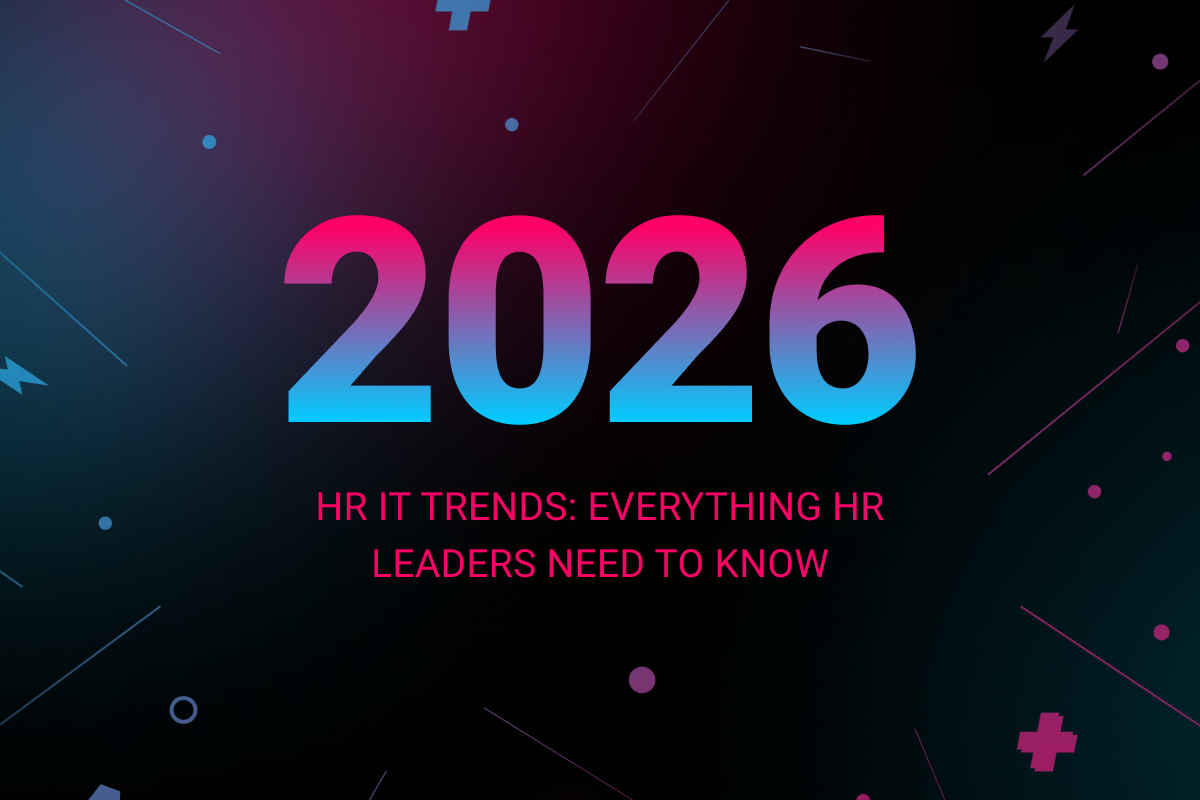
“The metaverse will allow us to flip the current dynamic where technology is in the foreground and humans are in the background. In the metaverse, humans have an opportunity to take center stage.”
Elevate brought together a panel of experts for a compelling conversation about the metaverse and its implications for how businesses engage with both customers and employees. Moderator Mel Lin, Founder & CEO of Chateauz, was joined by:
- Greg Narain, CEO, Zealous
- Dave Renz, Co-founder, Tanooki Labs
- Amanda Terry, Co-founder & COO, Metagood
- Randall Crowder, COO, Phunware
Find out what they had to say in the video below, or keep reading for the session highlights!
What is the metaverse and how will it impact the way we do business?
Mel opened the discussion by saying the way she describes the metaverse today is very different to five years ago. “I don’t have a single definition…my effort to describe what it is changes depending on the context.” She then invited the panelists to share their own interpretations.
“For some people, the metaverse is a very specific thing that conjures in their mind as an AR/VR experience,” says Greg. “I think a more practical application for most businesses is the movement towards digital representation of our relationships and presence, and how that interplays with our customer base. I would recommend not getting too hung up on avatars walking around in virtual space, and think about it more as the ways we continue to transform our business digitally and represent it in new realms.”
“It’s not necessarily what Mark Zuckerberg and Meta are saying the metaverse is going to be,” Dave added. “It manifests in different ways depending on who you are and how you’re engaging with your customers, as a digital layer that sits on top of the real world and allows people to interact and engage in higher fidelity and more seamless ways.”
Randall says he is most interested in the metaverse’s implications for identity. “I think if we can overcome the challenges to drive metaverse adoption, I’m most excited about what that could mean for self-sovereign identity. I think businesses are going to have to think about how they address, not only identity, but also security as they welcome patrons inside the metaverse.”
“I think we’re in the metaverse right now,” Amanda said of the virtual panel. “I view it as any gathering place that’s happening virtually where you can select your own identity. Whether you’re on Zoom or Sandbox, we’re all in the metaverse. What’s really interesting is identity and how you incorporate your wallet as your identity, especially across multiple devices.”
What does the metaverse mean for employee engagement and the future of work?
Employee engagement has become more challenging in remote work environments, but the metaverse presents an opportunity to overcome the disconnect in distributed teams. “At our core, we’re still social animals. I do think we can find ways to make technology more social,” says Randall.
“Commercialized properly, the metaverse will allow us to flip the current dynamic where technology is in the foreground and humans are in the background. In the metaverse, humans have an opportunity to take center stage.”
“The opportunities in employee engagement are going to be around onboarding and collaboration. I don’t think people want to immerse themselves in work in the metaverse for hours upon hours, but for short things where sensing your presence is important, where you want to drive social but distance prevents it, I think that’s going to be a really interesting opportunity.”
For small businesses with limited budgets, where can they get started with the metaverse?
Dave says that providing blanket advice about the metaverse is almost impossible because all businesses are so different. Instead, it can be helpful to follow some general rules on what not to do.
“One of the things I see folks doing is allocating a small budget in the wrong way. I’d be very cautious of going to Fiverr and finding someone you can pay $10-20k to build you a new NFT marketplace or brick-and-mortar shop in Decentraland.”
“Go back and ask yourself some fundamental questions: what are our business goals? Who are our customers, and who do we want to be our customers in the future? Can we improve our services? Maybe the metaverse has something to do with that, but you want to have those fundamental goals in mind.”
“I do believe blockchain and the metaverse will be transformative, but today they’re shiny pieces of tech… It reminds me of some trends in the past, like when every business thought they needed a mobile app, or everyone thought they were going to turn their business into ‘Uber for X’.
Dave says small businesses must weigh up the benefits and dedicate time to research. “Find communities that are similar to the ones that you serve today in these metaverse and Web3 environments. See how they’re interacting and what the opportunities are to serve them better than you do today.”
“Probably the most important thing is: don’t bet the farm. Start with your smallest audience and grow from there when you start to find things that are working.”
What are the best use cases you have seen for XR technologies and the future of commerce?
“I don’t think we’ve quite gotten to commerce yet,” says Greg. “Unfortunately, it bubbles out into the browser once you get to a transaction. You can merchandise to a meaningful degree now in these mixed reality worlds, but I think that’s going to be the next unlock for this space: how do we complete that transaction natively? Some of it is possible but it’s still a little clunky.”
Right now, Greg says it’s more about experience. “We’ve seen luxury brands with virtual stores that provide a white glove experience, even though you can’t make it to the boutique. It’s nothing compared to the real experience, but if the real experience isn’t something you relish and you’re more of a digital native, that is the right experience.”
Learn More From Elevate 2022
Want to hear more from our speakers at Elevate 2022? The event recordings are now available to watch here, with coverage and recaps also available on the Electric blog!



